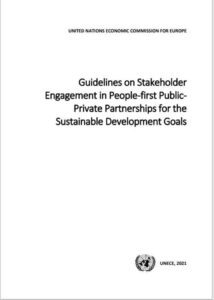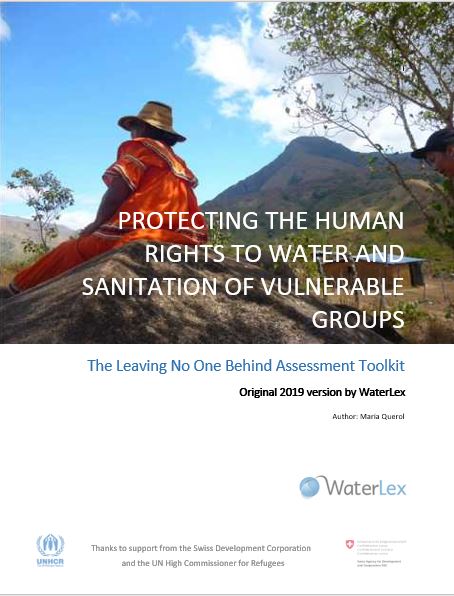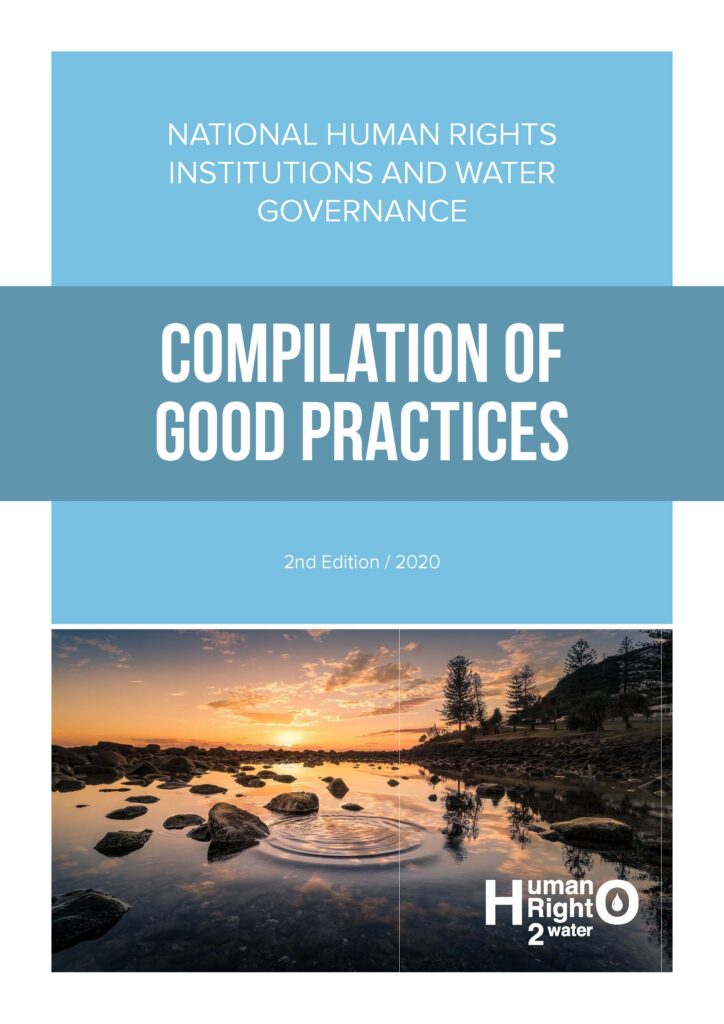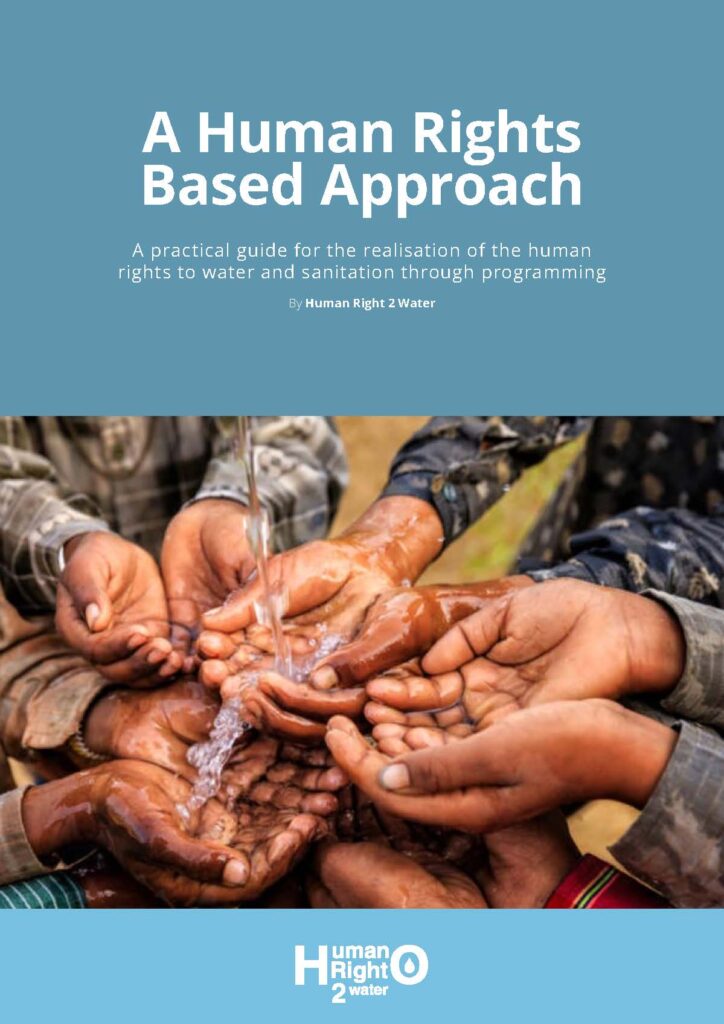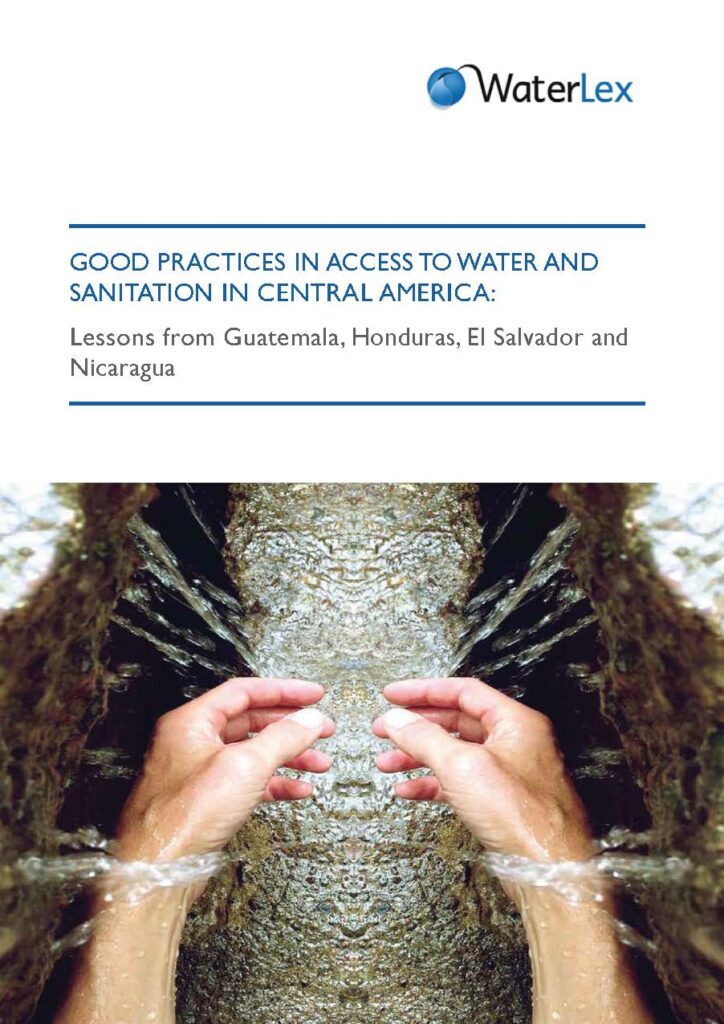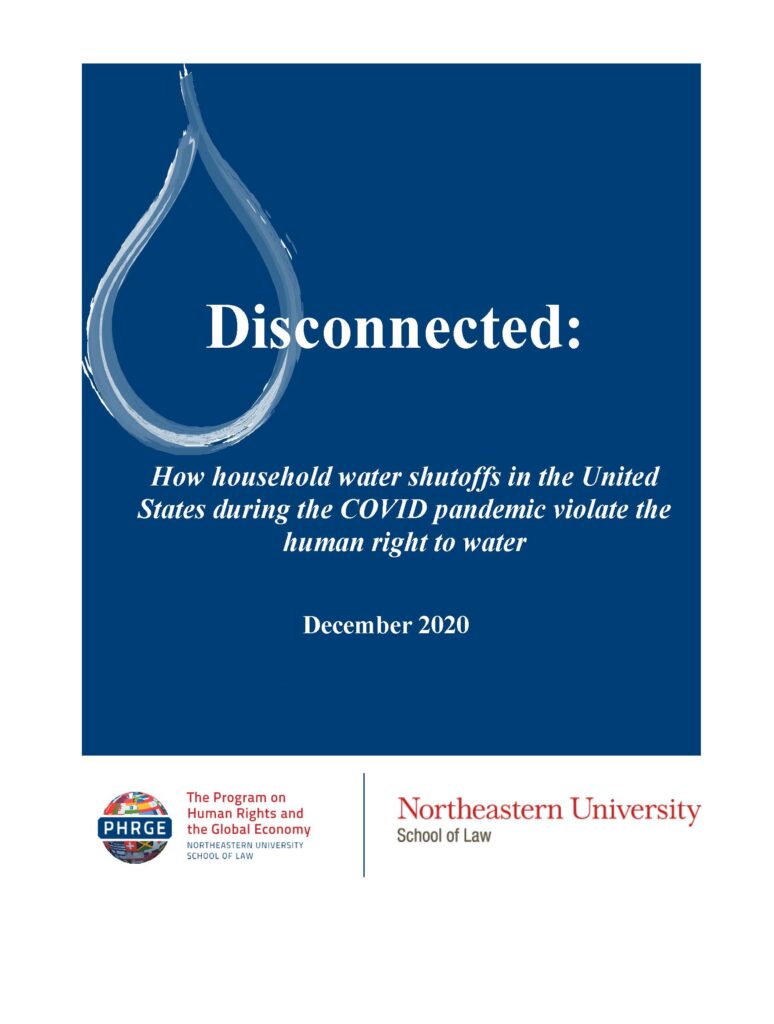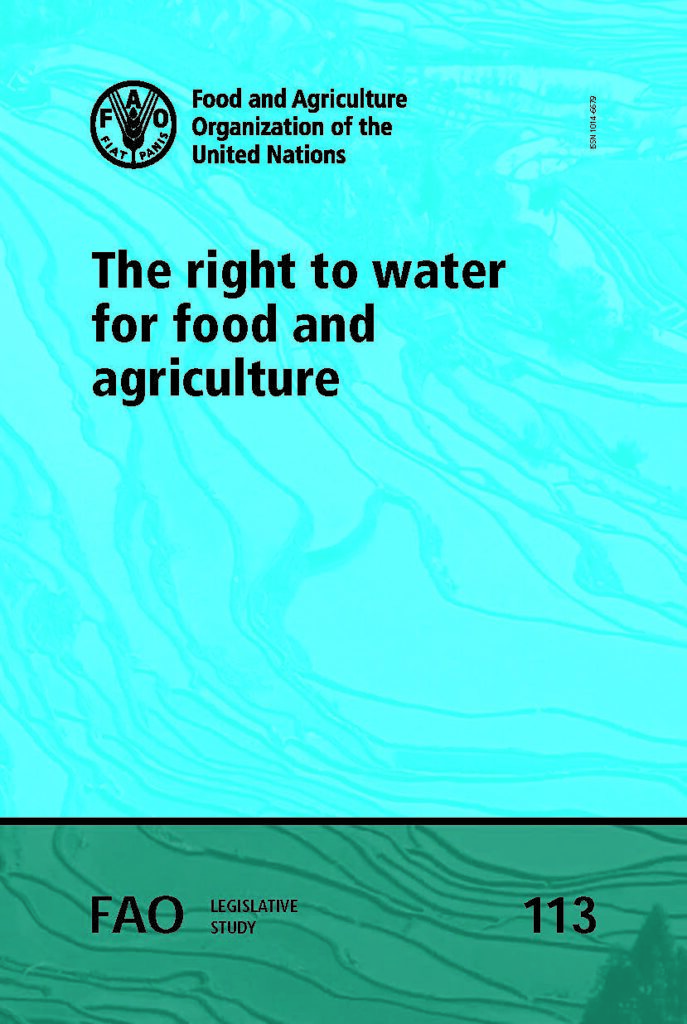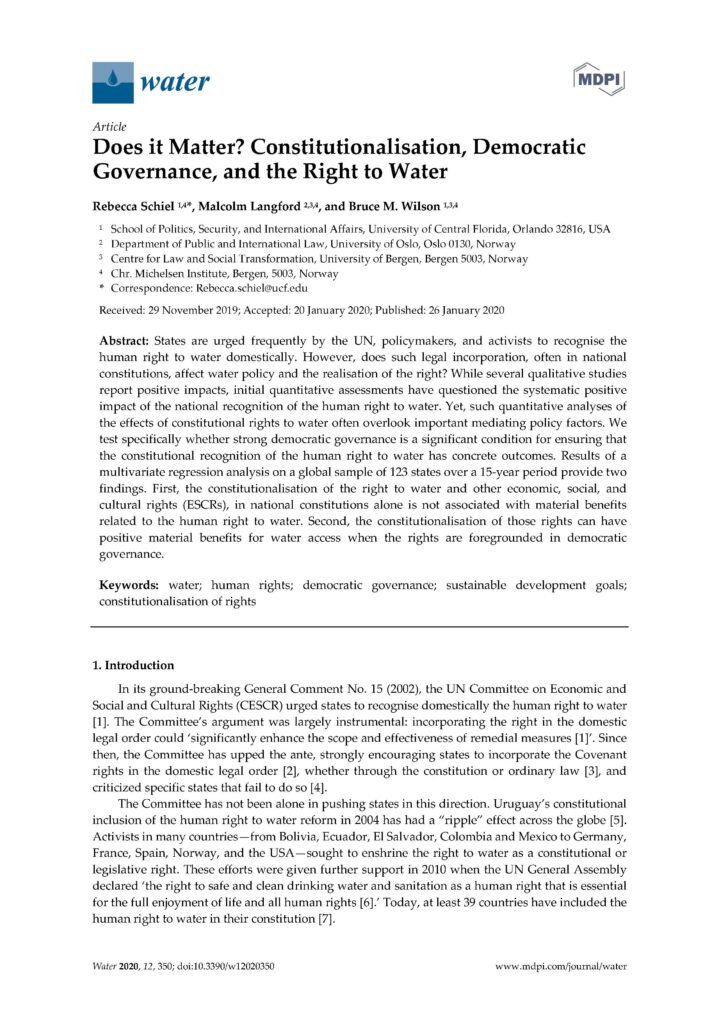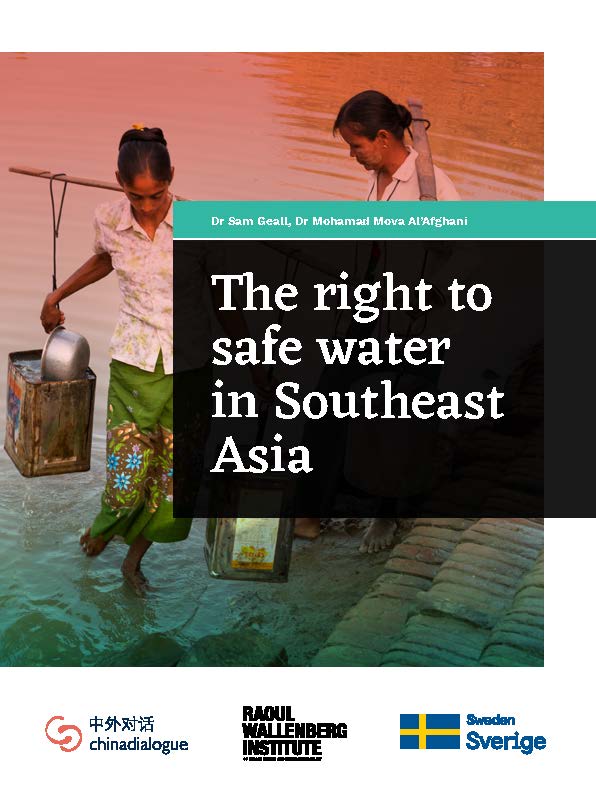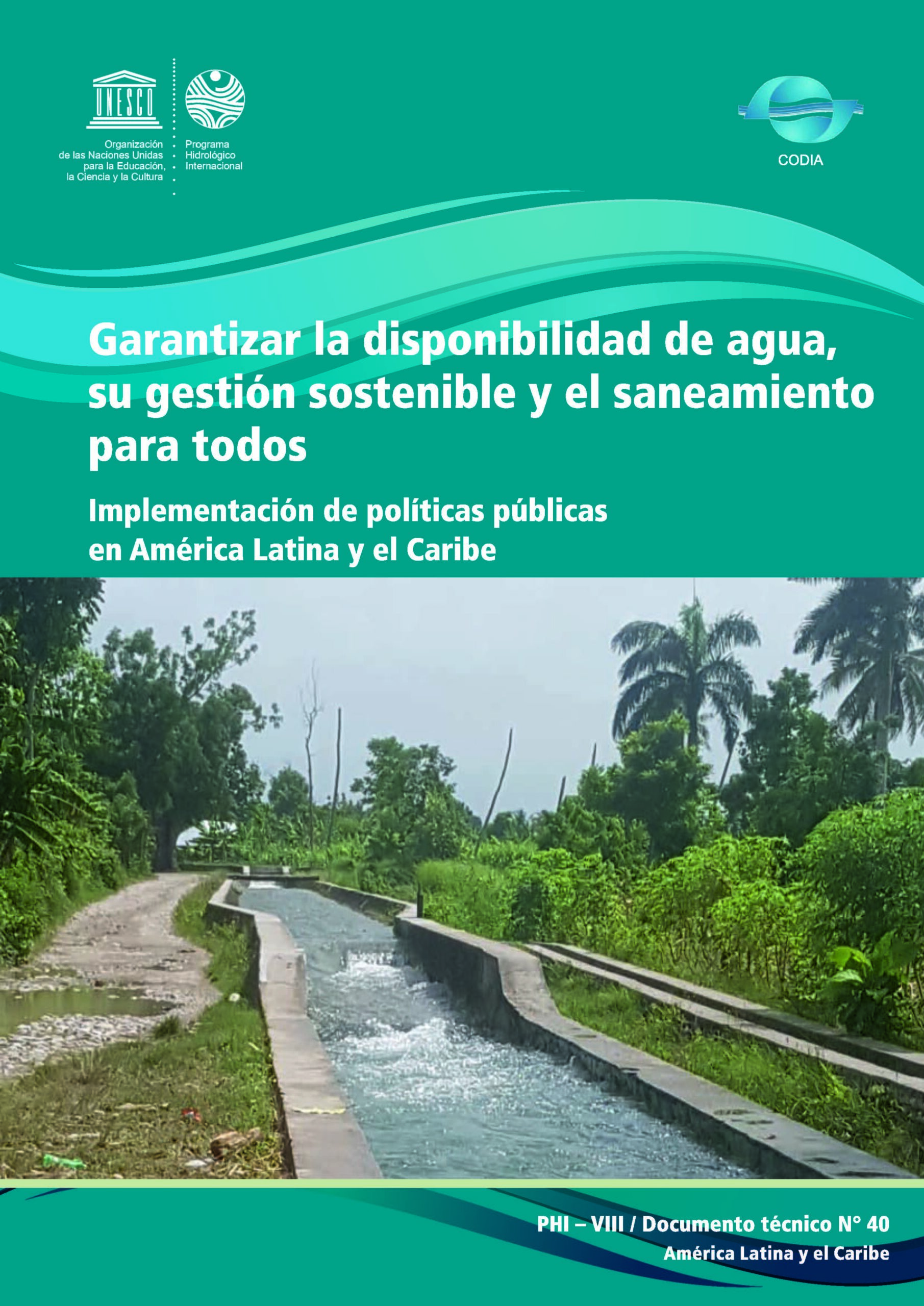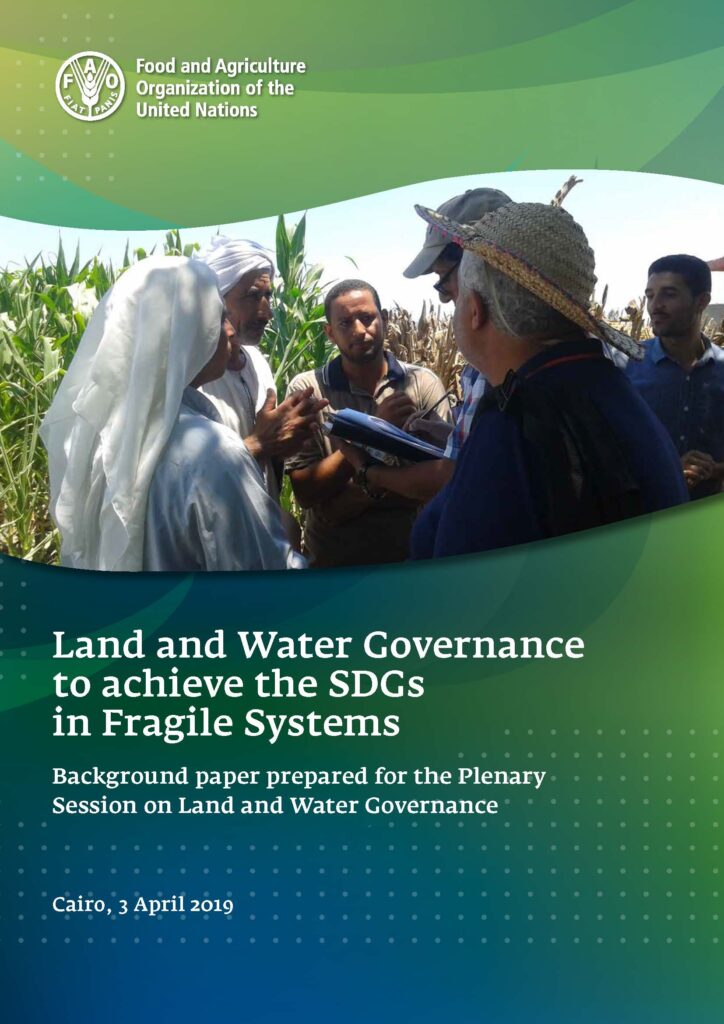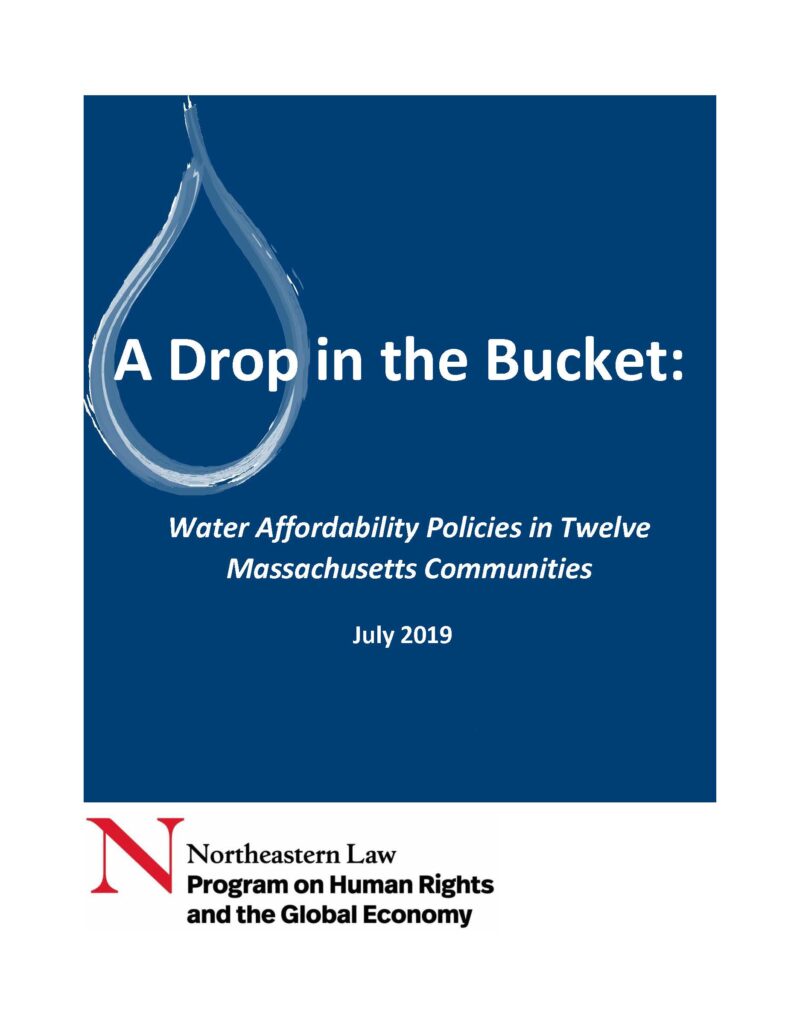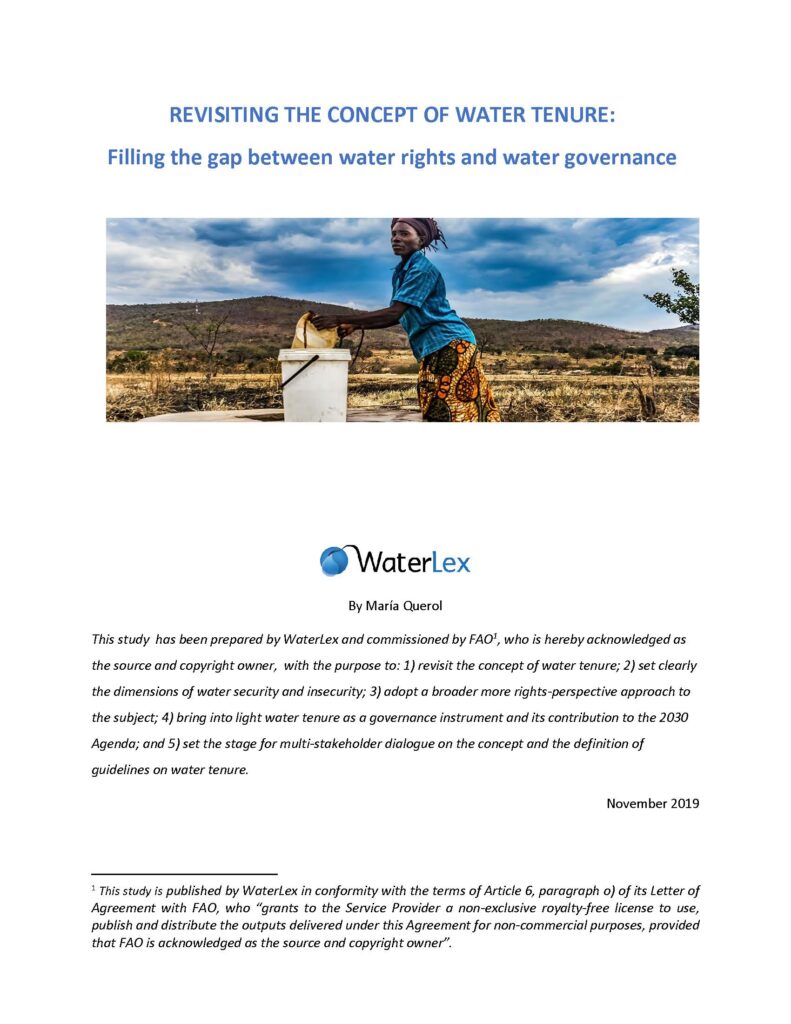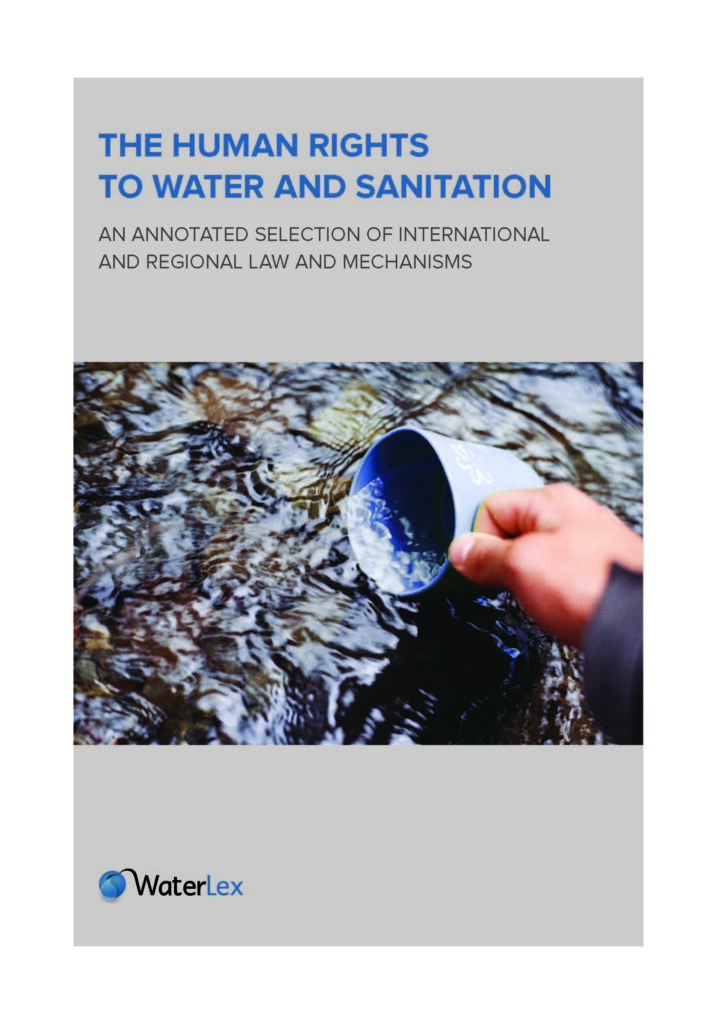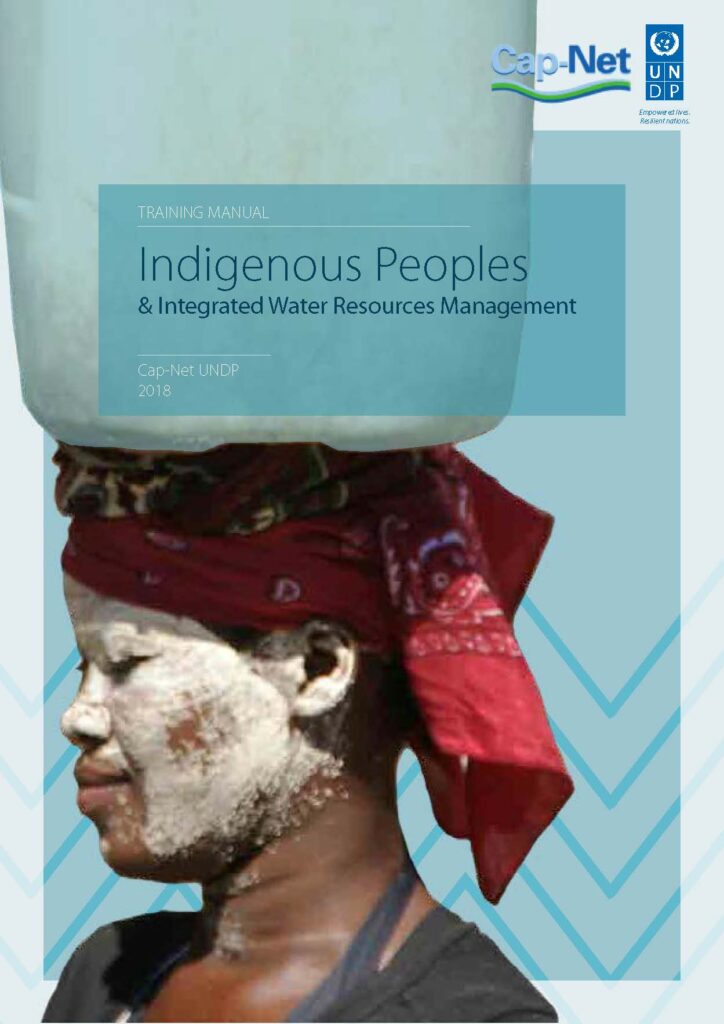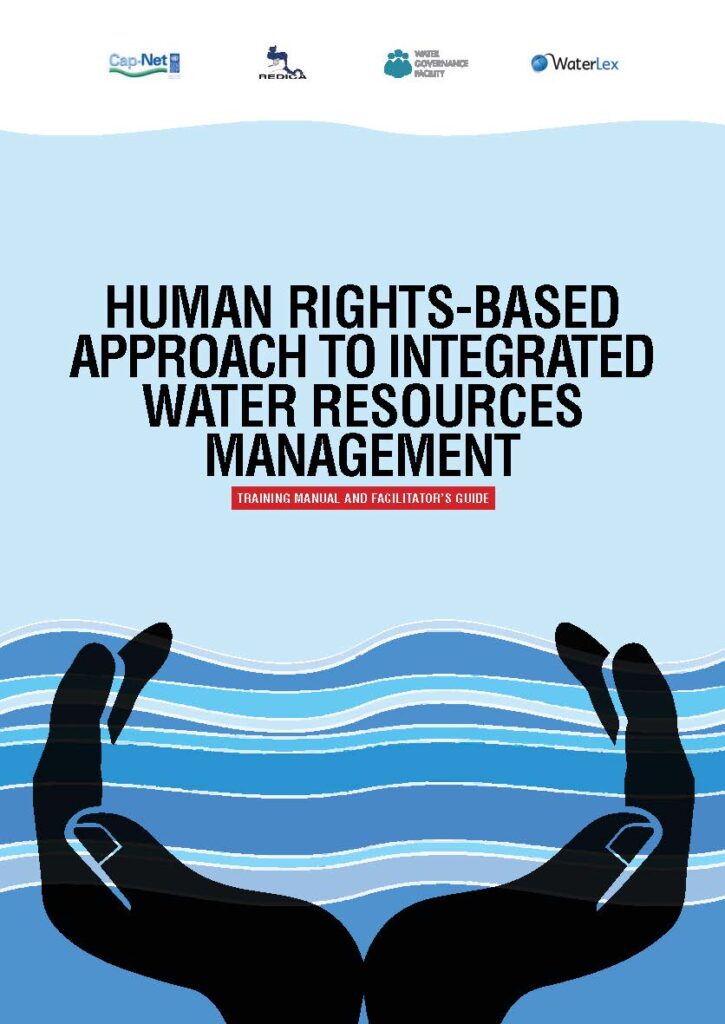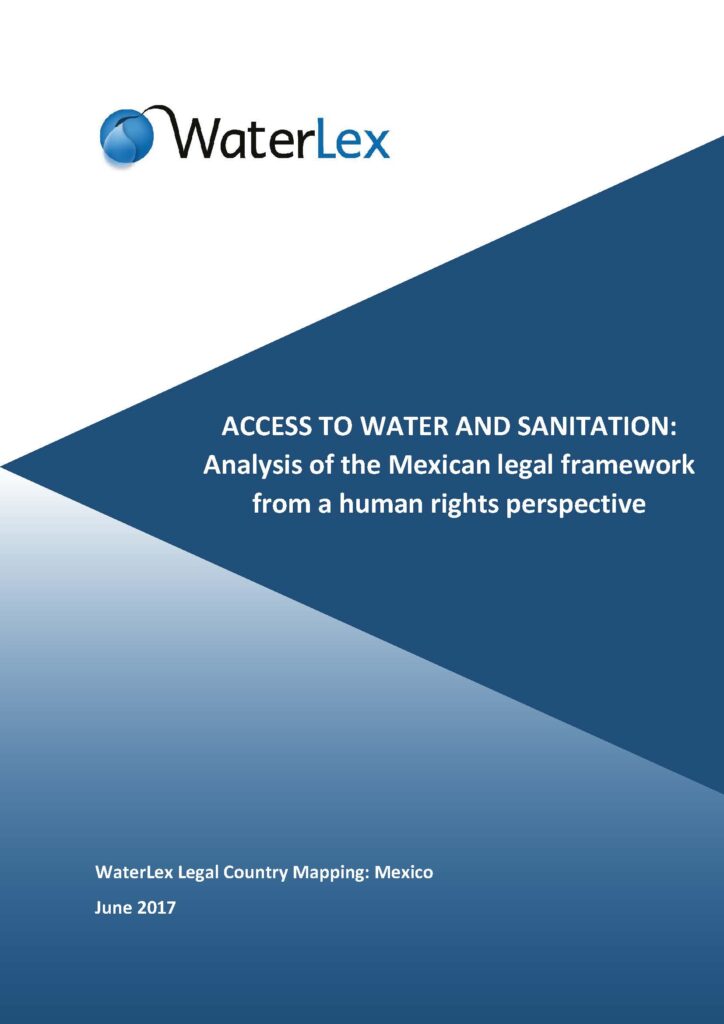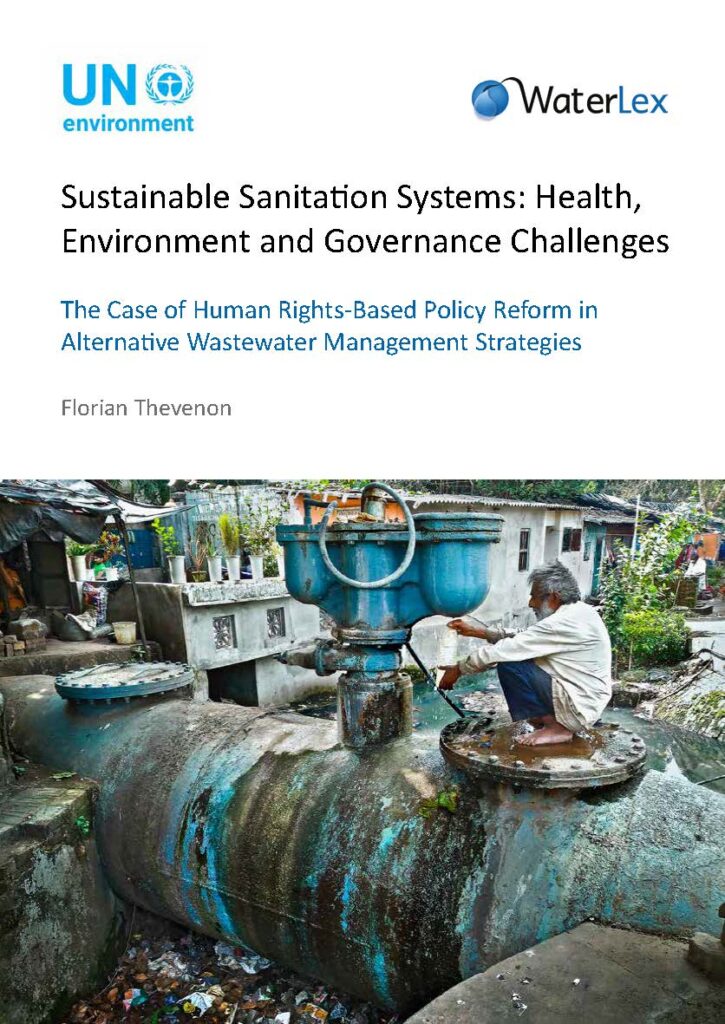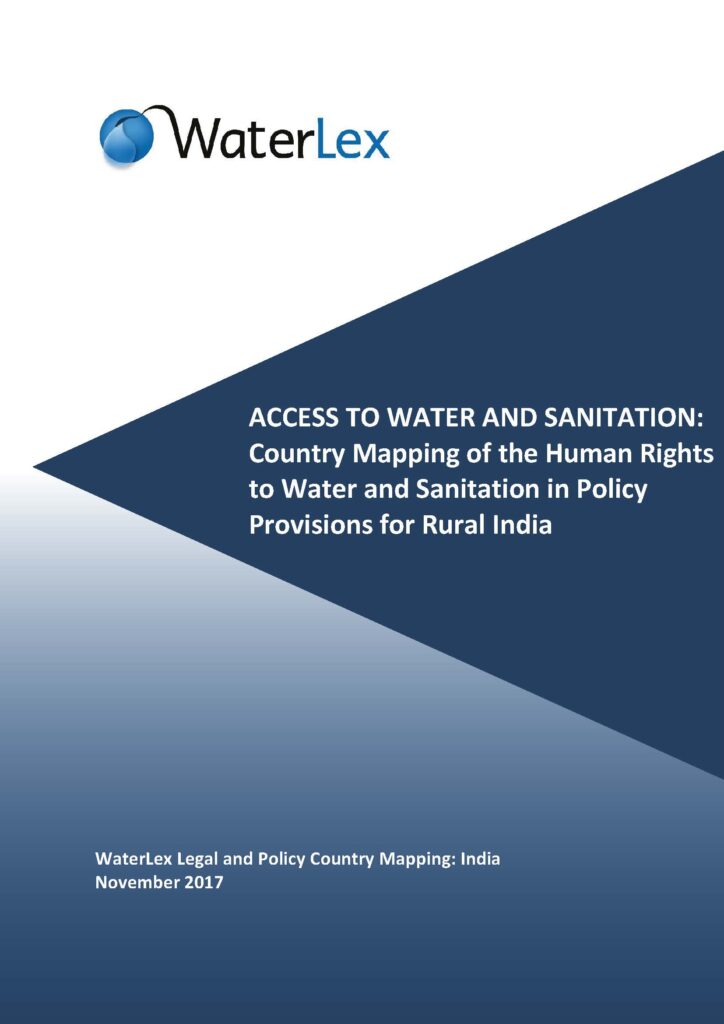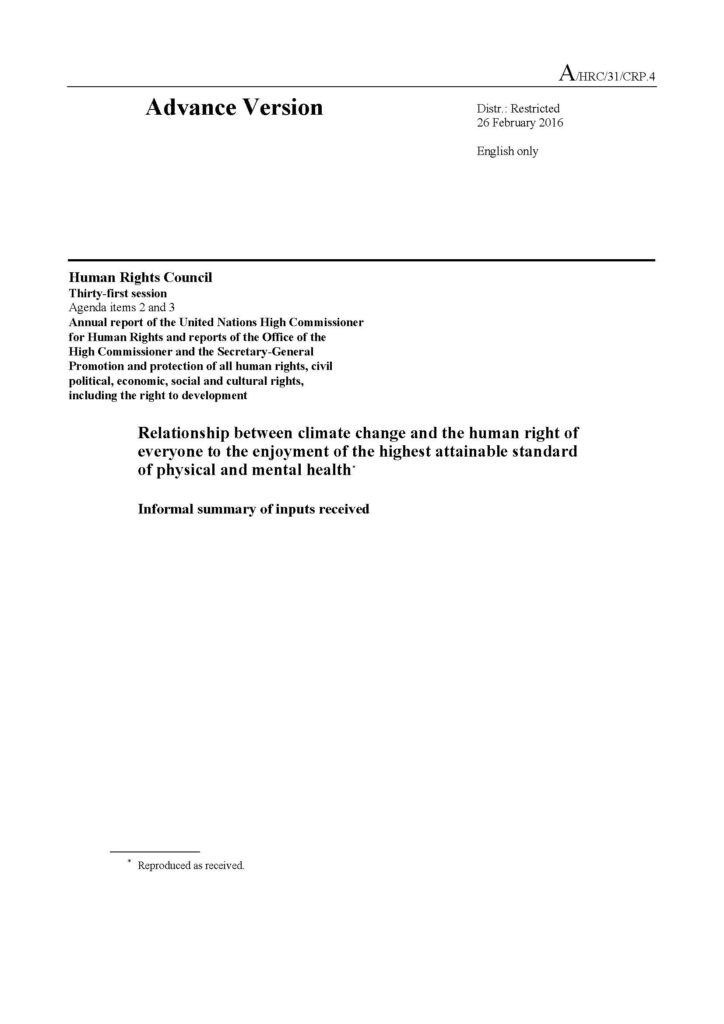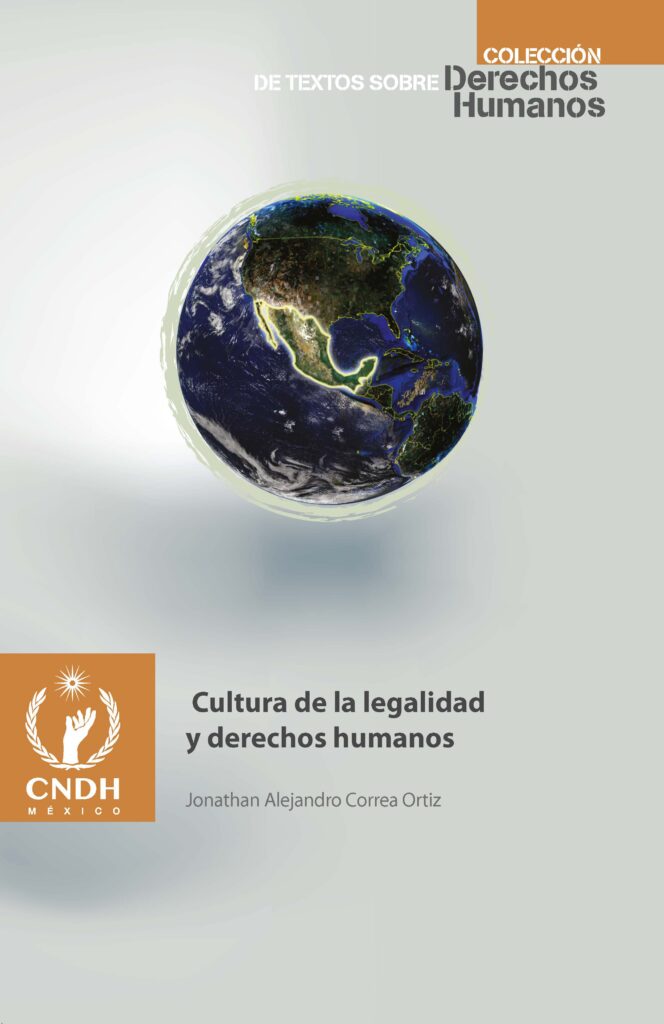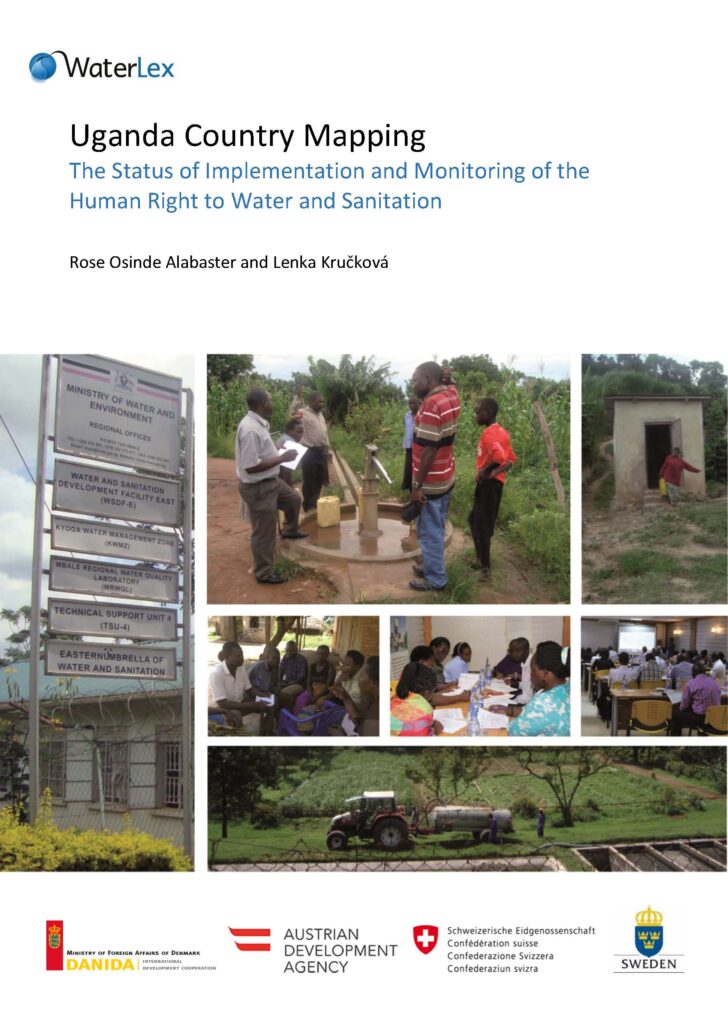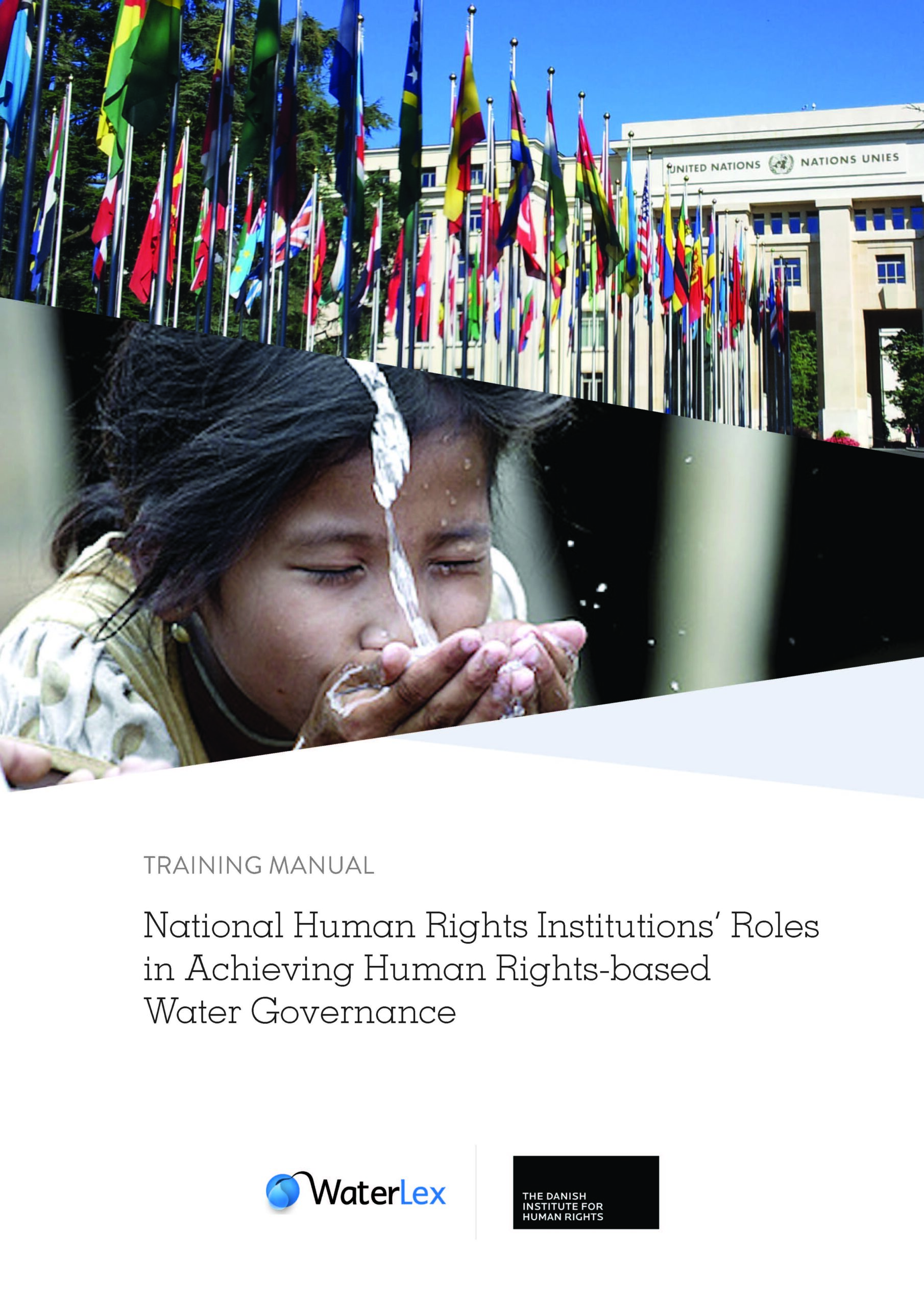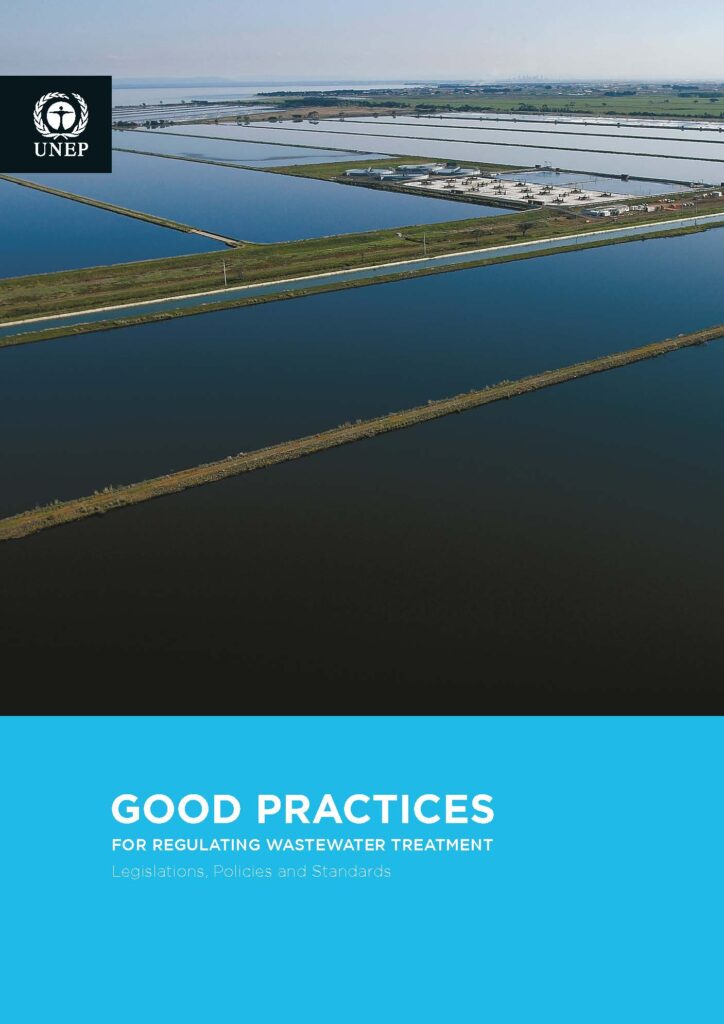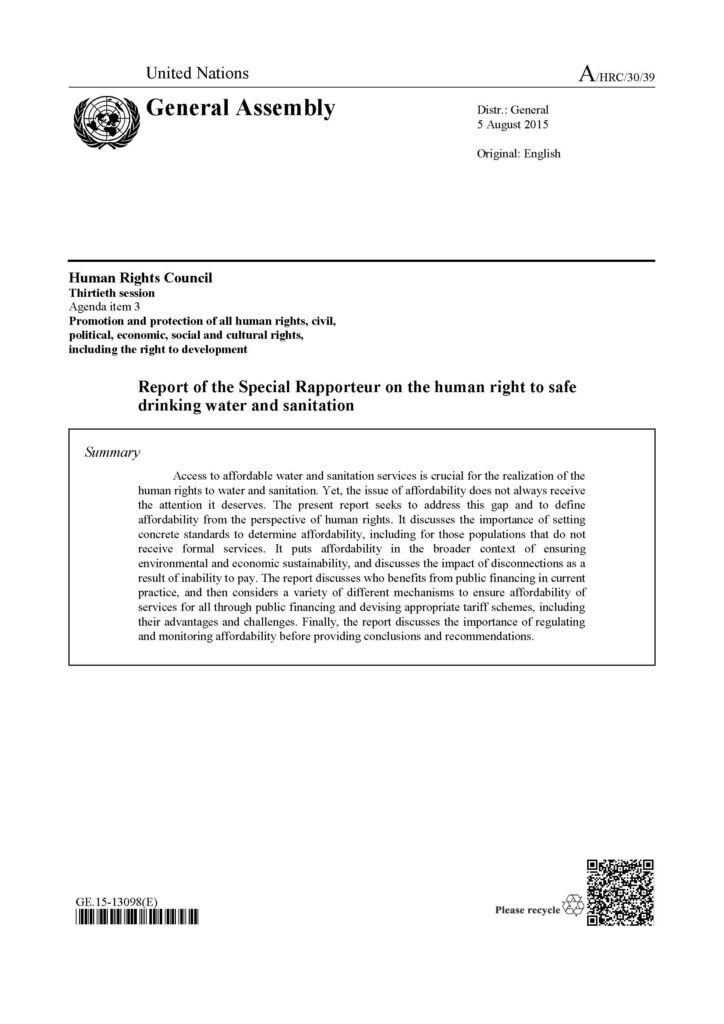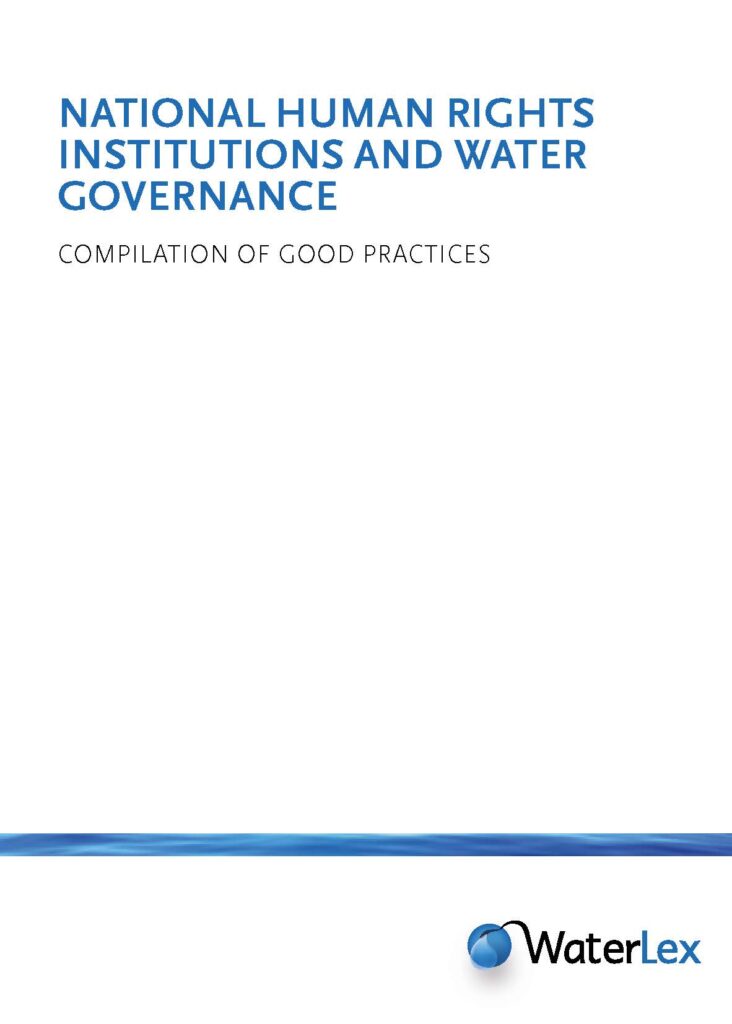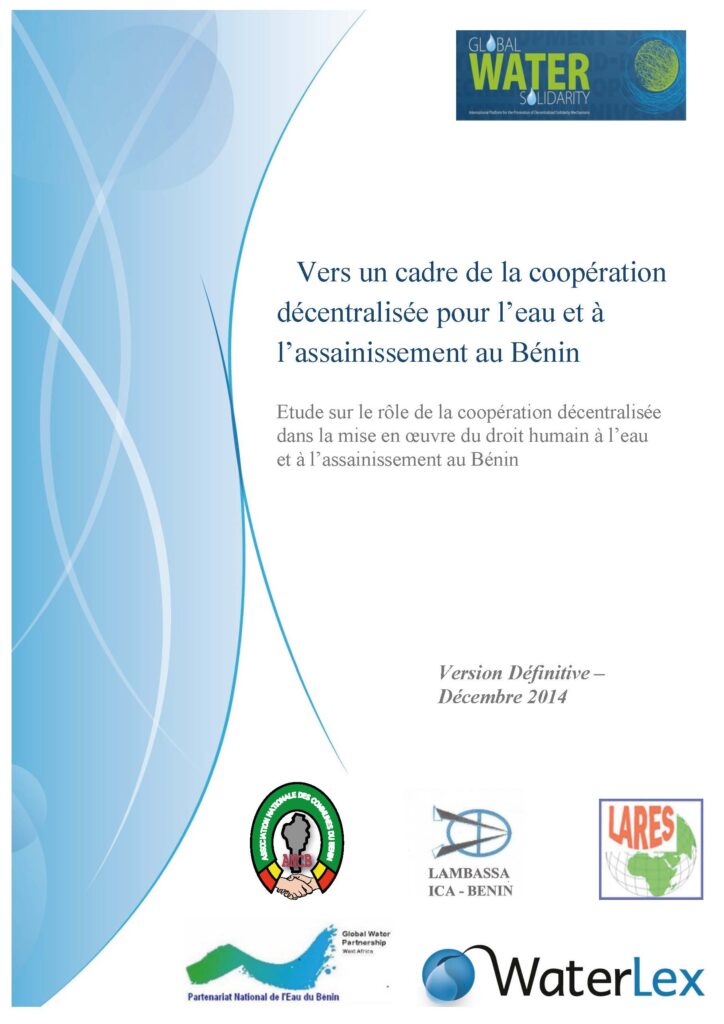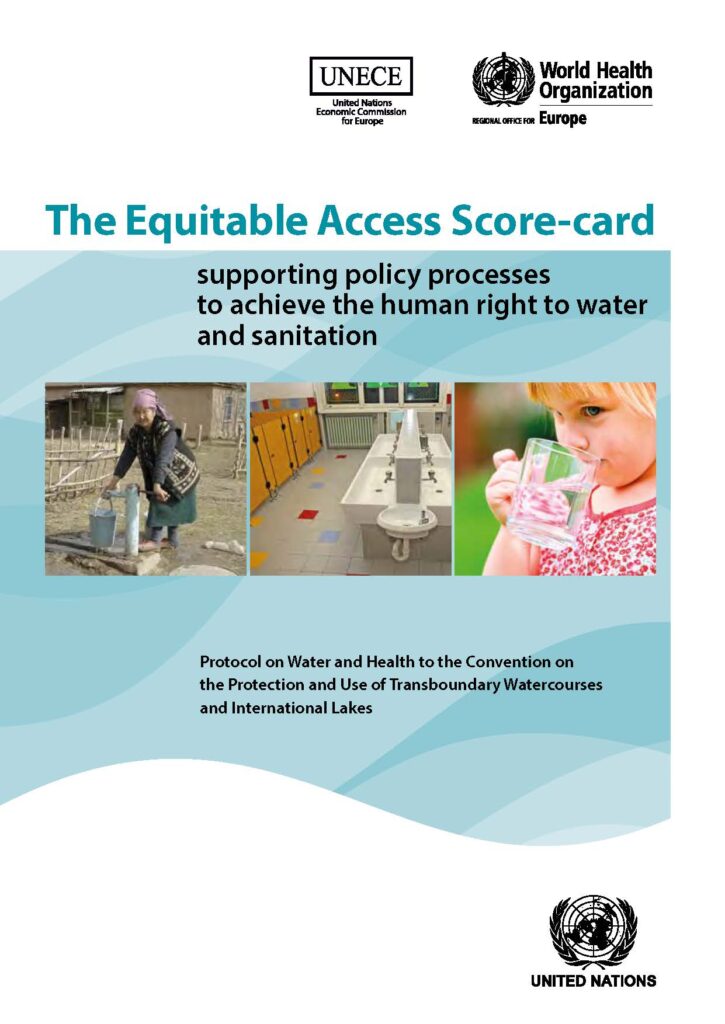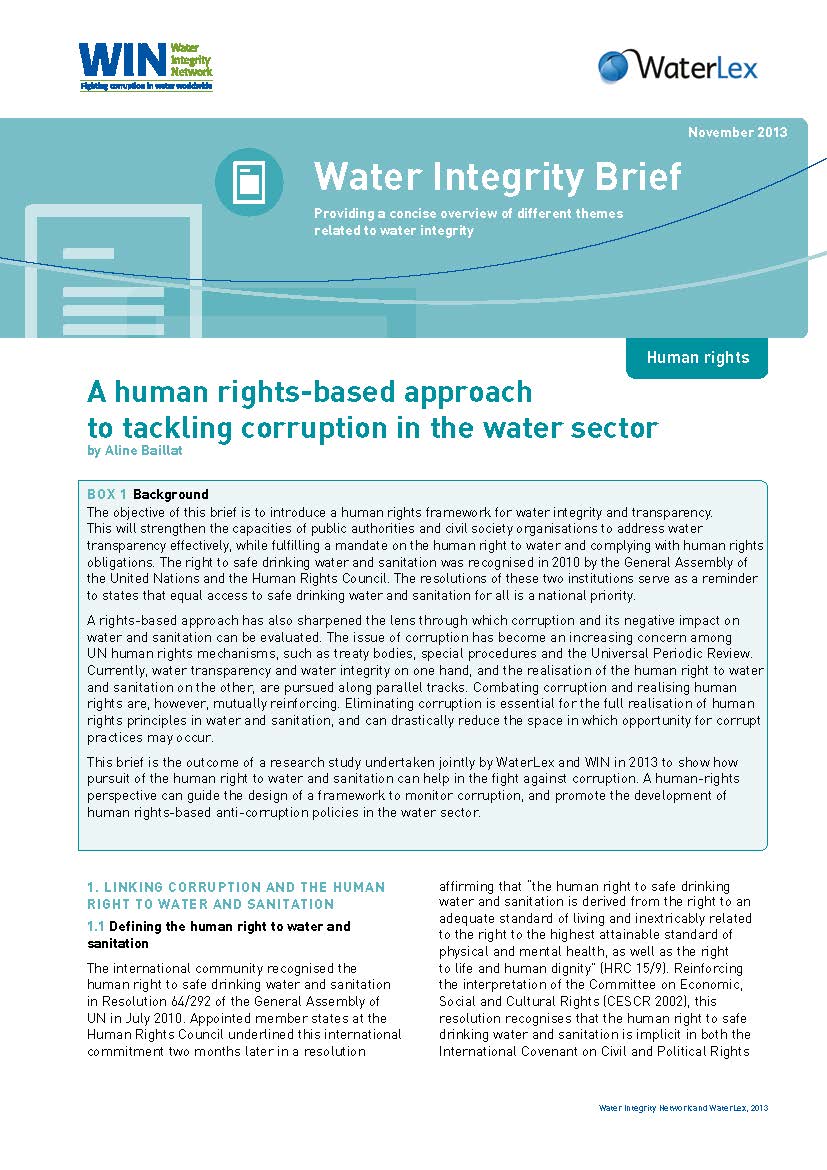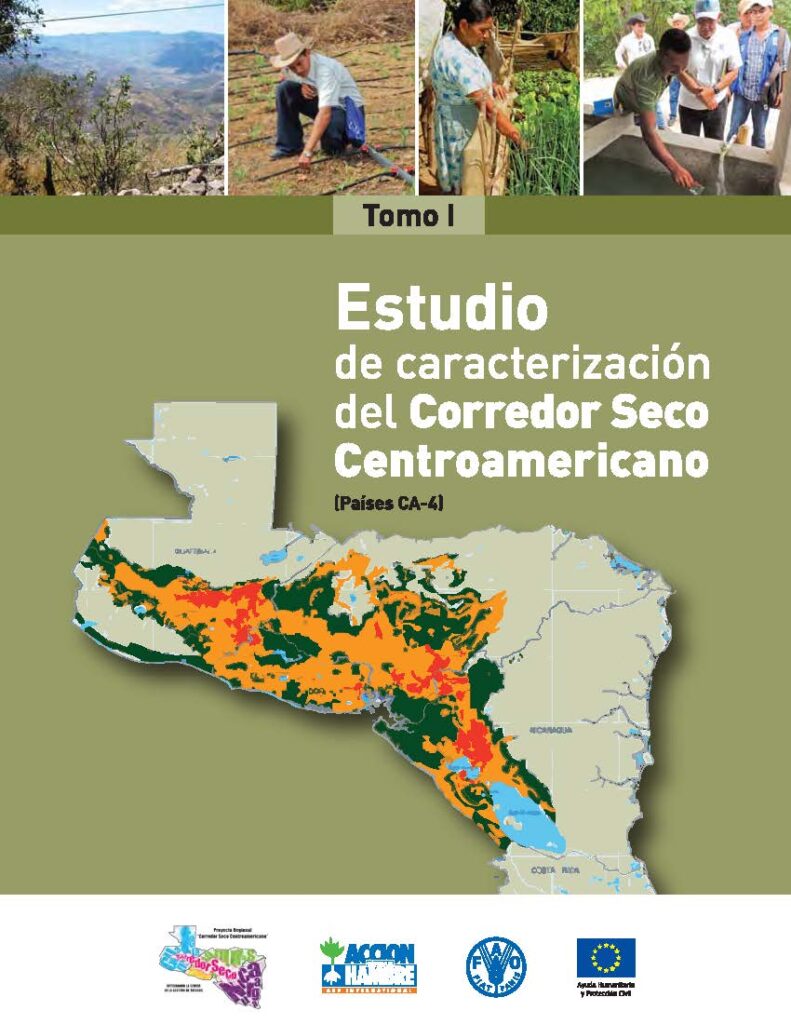Publications
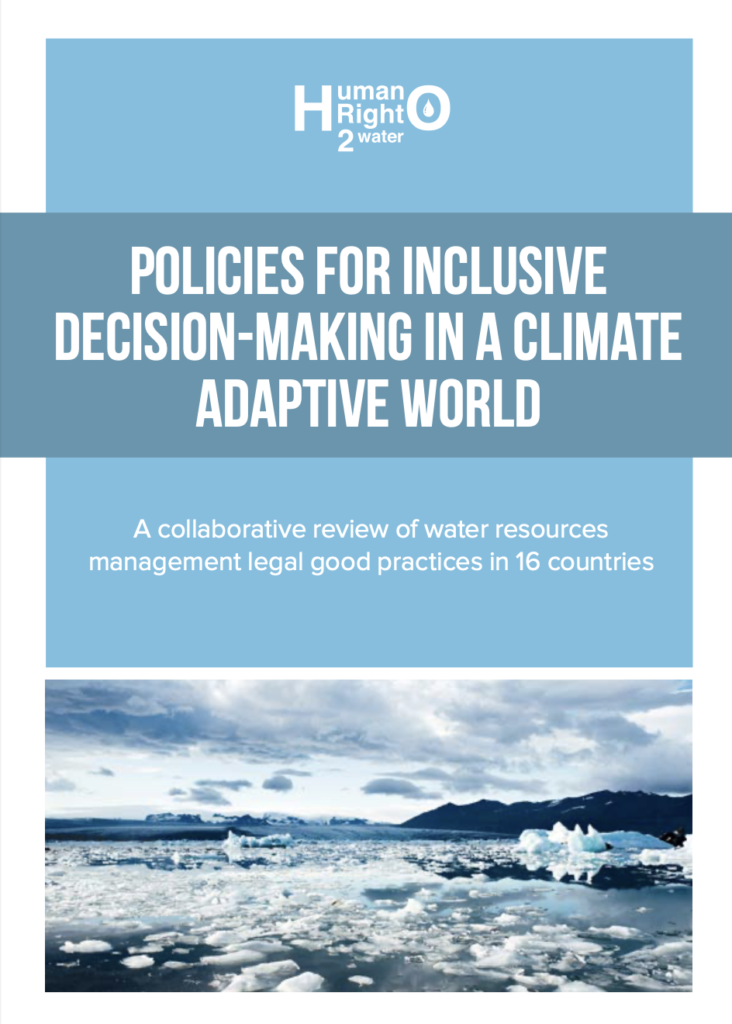
Policies for inclusive decision-making in a climate adaptive world
A collaborative review of water resources management legal good practices in 16 countries.
This paper attempts to examine how countries can legislatively safeguard essential elements of the human right to water in worsening climate conditions, and what this means for service providers and businesses.
This report was prepared in collaboration with Human Right 2 Water, Inter-American Development Bank, Nestlé, Water Research Commission (the ‘Collaborators’)
Please download the full report here.
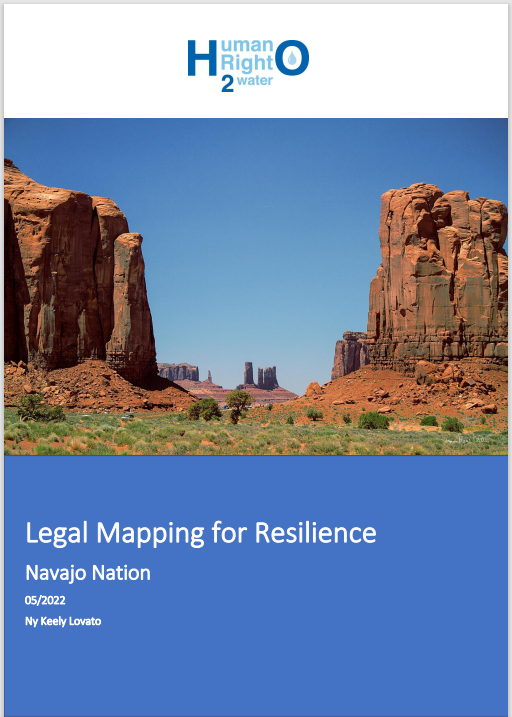
This report was prepared in collaboration with Human Right 2 Water, Inter-American Development
Bank, Nestlé, Water Research Commission (the ‘Collaborators’)
Legal Mapping for Resilience, Navajo Nation
This mapping reviews the law and policy that is integrated into the Navajo Nation governance framework and compares it to the standards that are expressed in international human rights law for the human rights to water and sanitation (HRWS). The HRWS is very relevant in emergencies, so strong governance for planning ahead is crucial for the protection, respect and fulfilment of the HRWS, and the access, affordability, availability, quality and acceptability of these services.
This analysis highlights the areas where HRWS laws are well represented in Navajo law, and the gaps or areas for improvement. It serves as a useful reference for any researcher, legal practioner, or stakeholder that is interested in understanding the current situation.
The methodology is one that has been developed by Human Right 2 Water during the pandemic as a way of assessing how countries are able to deal with the crisis, and as a reference point to deliver recommendations for improvement.

This County Action Plan is one of the final documents from the project on Leaving No One Behind. Please download the full report here.
Marsabit County Action Plan for the Realisation of the Rights to Water and Sanitation
The Kenya National Commission on Human Rights (KNCHR) and HR2W partnered on this Leave No One Behind project to develop human right indicators for the realisation of the Human Right to Water and Sanitation.
The process included a situation analysis in three counties, followed by the development of draft indicators in Marsabit and Garissa. Regular consultation and participation of relevant stakeholders including the county governments, and representatives of vulnerable groups, fostered ownership and accountability.
The final stage of the project resulted in the adoption of County Action Plans in Marsabit and Garissa, to outline the responsibilities, plans and budgets for these two counties to start monitoring human rights indicators.
Our thanks to the Swiss Agency for Development and Cooperation for their support on this project.

